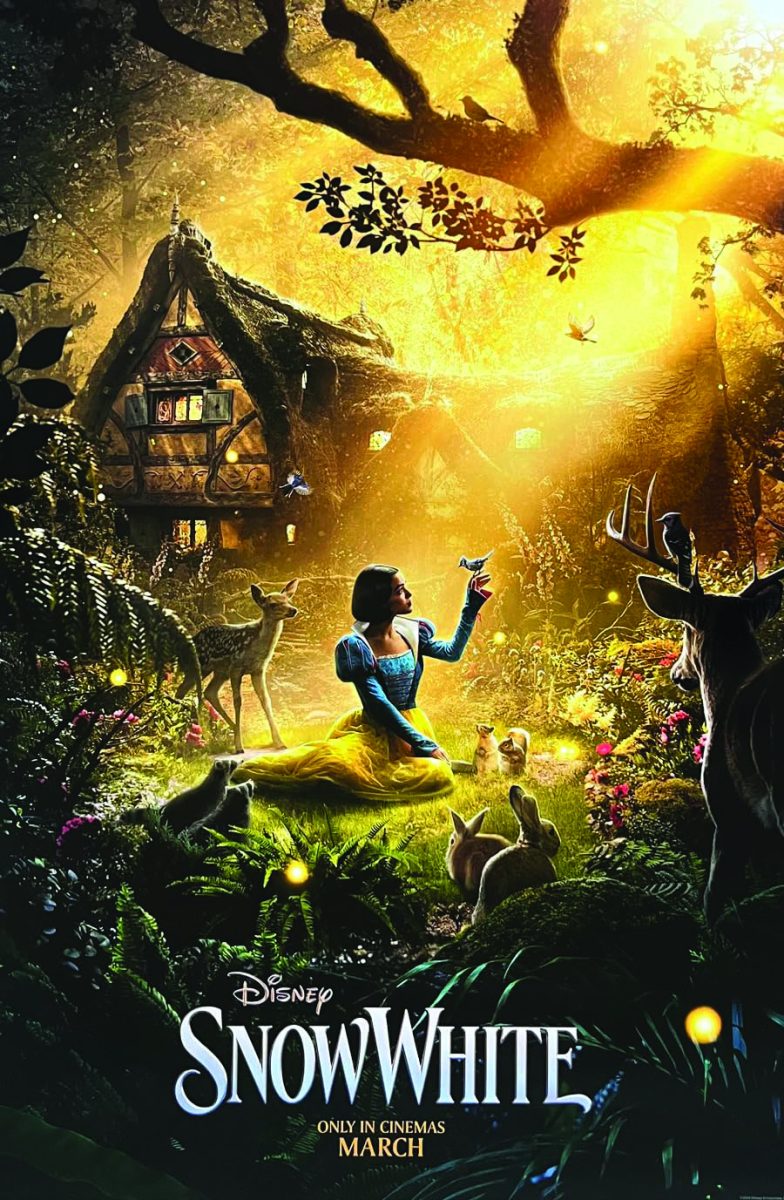By Nicole Sansone
Contributing Writer
Through the decades, music quantity has replaced music quality. People have fallen into the trap of listening to music based on how fast they can get it or how popular it is, and don’t consider the meaningfulness of the song anymore.
Have you ever listened to the song, “You Are My Sunshine?” I’m sure most of you have as a child in your preschool classes or from your mom to calm down a temper tantrum. How about the version by Johnny Cash? That version is not very recognized.
But when was the last time you heard Miley Cyrus’s new hit “23?” The digital age has allowed music to be offered faster, giving listeners the opportunity to hear songs sooner. What ever happened to enjoying a good song for it’s worth rather than it’s popularity?
When Cash finished “You Are My Sunshine” his producer said, “I feel like that’s a little short.” Cash’s response was, “if I feel like my song is sung, then it is sung, I don’t care if it’s short.” Where is that attitude? That attitude to sing or play what is in the heart, not what the record label or society expects of you. The digital age has made that even harder to accomplish.
When music was music, and not composed of digitalized gadgets such as tuning, just a guitar and a voice sufficed. But now that the digitalized age has come about, people expect more music to be produced. Anyone who has ever been to a rock n’ roll concert knows the feeling they get when the guitarist picks up his or her guitar and does a solo. The whole crowd is silent because it’s completely raw. But now that everything is digital, that feeling of authenticity is gone. It has come to the point that people use music as something to financially invest in and all creativity has been torn away from it. The priorities have shifted from making meaningful music to making money.
According to music website Ultimate Guitar, the singer Ke$ha’s song “Tik- Tok” sold more copies than any Beatles single ever has. Led Zeppelin and REM have never had a number one single, but Rihanna has had 10. A lot of this has to do with people being able to get their hands on music more easily now that the Internet is one of the biggest markets in society.
During the days of Led Zeppelin and Howlin’ Wolf, fans used to take trips to the record store and spend hours looking for the latest record. It was a lifestyle, not an activity used to pass the time. Music was a privilege and an art, but has since become something people take for granted. Michael Framer of Music Angle stated, “People used to sit and listen to music. It was an activity. It is no longer consumed as an event that you pay attention to.”
Music is no longer considered a hobby; it is something people listen to while they’re jogging or cooking dinner.
The Internet has offered a lot of freedom to society, but sometimes there is too much of it. Music piracy has become a concerning issue. Since there are many different people looking for new music everyday, either legally or illegally, it is has become difficult for artists and record labels to keep track of the illegal downloaders. This is making it easier for people to steal music. According to technologist Stewart Brand, “Technology companies often promote the idea that information wants to be free because it is so cheap to deliver.” Tools like Google give people the opportunity to find the illegal sites that have free music because they don’t care whether it is illegal, as long as they are making money off of society using their search engine. This is not only taking away from the artists, but also from the quality of the music because people simply do not care. They can get whatever they want, whenever they want, making the appreciation of music reduce even lower.
The Internet controls almost everything, but it doesn’t have to control music. Music isn’t going anywhere, but that’s only if people start fighting for the art of music like they used too. Music represented some sort of rebellion, while today it has become more of a marketing tool. Instead of using music as the background of your workout, really appreciate what the music really stands for. Go back to the time where running into Target to get Nirvana’s latest album was the highlight of your Saturday. Then, you will remember what music stands for.




